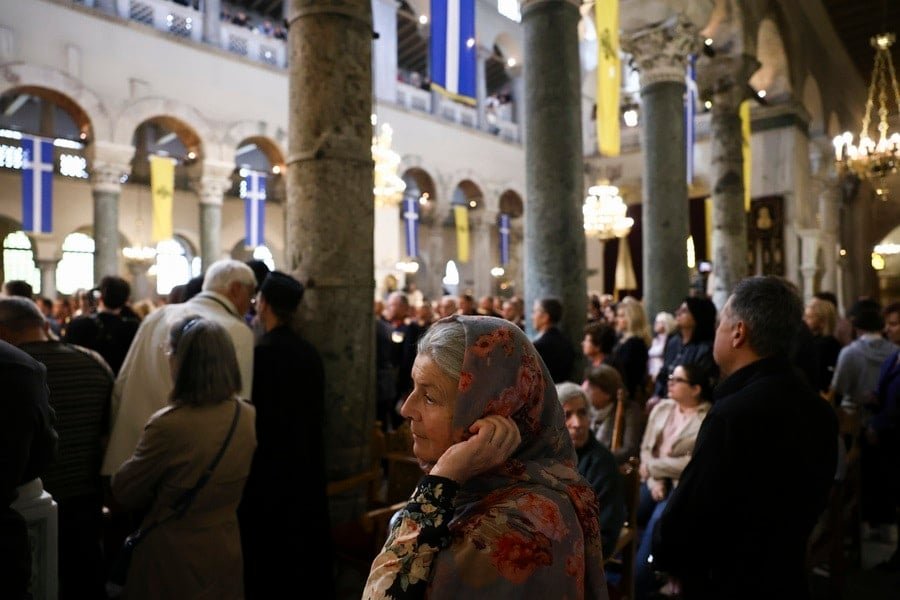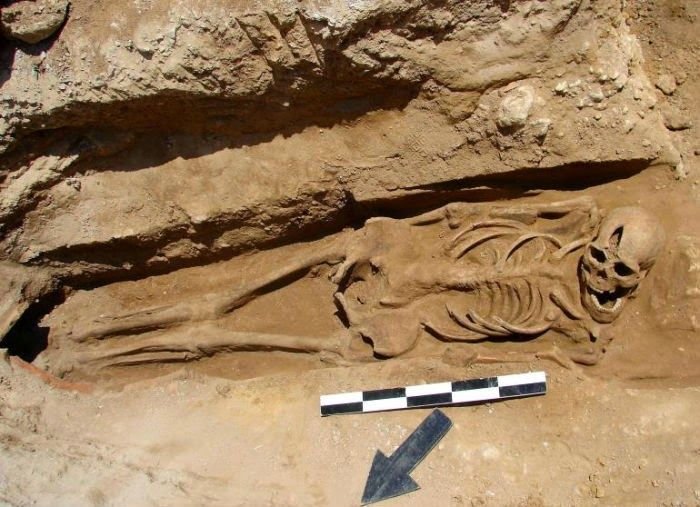
The city of Thessaloniki celebrated on Sunday, October 26, 113 years since its liberation from the Ottoman Turks.
The flag was raised at the White Tower of Thessaloniki and cannons fired 21 times, hundreds of citizens joining the celebrations.
The glorious doxology at the church of Saint Demetrios, the city’s patron saint who is also celebrated today, was attended by the President of Hellenic Republic, Constantine Tassoulas, and other officials.
“The day of the liberation of Thessaloniki during the Balkan Wars is a day that vindicates the unity and concord of the Greek people, the army, and its leadership,” President Tassoulas commented.
“We draw inspiration, we honour, we commemorate, and we take example from this victory and let it be known that this inspiration, this example, this remembrance, does not only relate to the past – it relates to the present and the future as well,” he added. “Because when a nation has such memories, such examples as those of the liberation of Thessaloniki and the integration of Macedonia into Greece, it can look to the future with optimism, confidence, and self-assurance.”
In his regular weekly post on social media on Sunday, the Greek Prime Minister Kyriakos Mitsotakis also addressed the occasion: “This patriotism of responsibility that unites, not divides, is what we need today.”
Thessaloniki’s double celebration
October 26 marks a double celebration for the historical city of Thessaloniki, northern Greece.
The city celebrates Saint Demetrios the Great Martyr, its patron saint, and at the same time, the liberation of the city from the rule of the Ottoman Turks, which took place on this very day in 1912, when the Protocol of Surrender of the city was signed between the Turkish military governor, Taksim Pasha, and the Greek officers representing the Greek General Headquarters, Lieutenant Colonel Dousmanis and Captain Metaxas.
Every year, Thessaloniki honours the day with three-day celebrations that will culminate on October 28, with a massive military parade marking the anniversary of the ”Ohi Day,” Greece’s rejection of Italy’s demand to surrender to the Axis powers during World War II.


